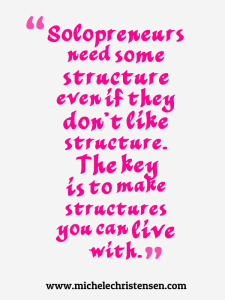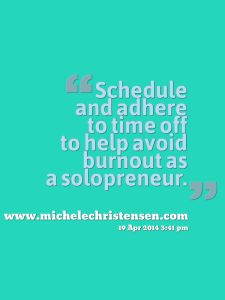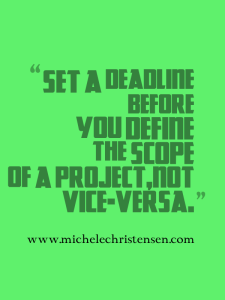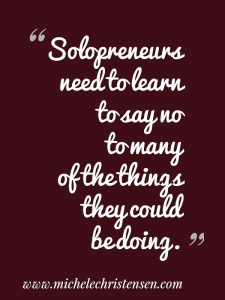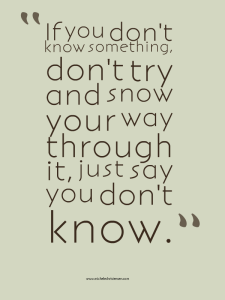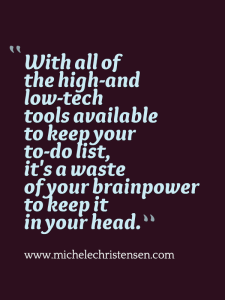This is the third year for which I’ve picked a theme. It’s been a great way to push ahead on one big, bold area of my business that I want to work on. My theme for 2012 was my signature system, which is written in being finalized as we speak. I seem to get my theme project done every year but it usually takes all year. I recall finishing something relating to my 2011 theme last year on the day of New Year’s Eve!
My signature system is a comprehensive guide to setting up a home based, solopreneur business based on packaging and selling your knowledge. I’ve finished the first draft and need to polish the writing and get some feedback from my inner circle before launching a beta version sometime early next year. (If you are interested in being the first to know when it’s ready, be sure to sign up for my newsletter in the red box in the sidebar. I’ll be offering it there first.)
My theme for 2013 is speaking. I enjoy public speaking and seem to have been spared the fear of speaking that so many people suffer from, so I’ve decided that this will be the next big push in my business. This is an example of one of the most important principles I live by – use your gifts to serve others and improve the world. By luck of the draw, I have a gift of being able to speak publicly without big fears, and so my belief is that I should use this to help other people. Speaking is a great way to reach a lot of people in a short amount of time, so even small speaking gigs are really effective.
I’ll be crafting my signature talk after I finalize my signature system so I don’t have the specifics yet, but my talk will cover some of the same things in my signature system. I’m committed to the idea that people will benefit from the talk whether they go further with me or not, so you can be sure there will be loads of great information you can take action on right away.
So, I’ve shared my theme for 2013, and now I have a big, burning question for you.
What’s your theme for 2013?
What’s the single most important thing you could focus on in 2013 so you end the year with a grander business that moves your mission in the world further along? Share it in the comments.
If you’re not sure, let’s schedule a time to talk and figure it out together. Click here.
If you’d like to read last year’s post where I share my theme for 2012, click here.
